
Shelagh Fogarty 1pm - 4pm
23 June 2022, 15:14
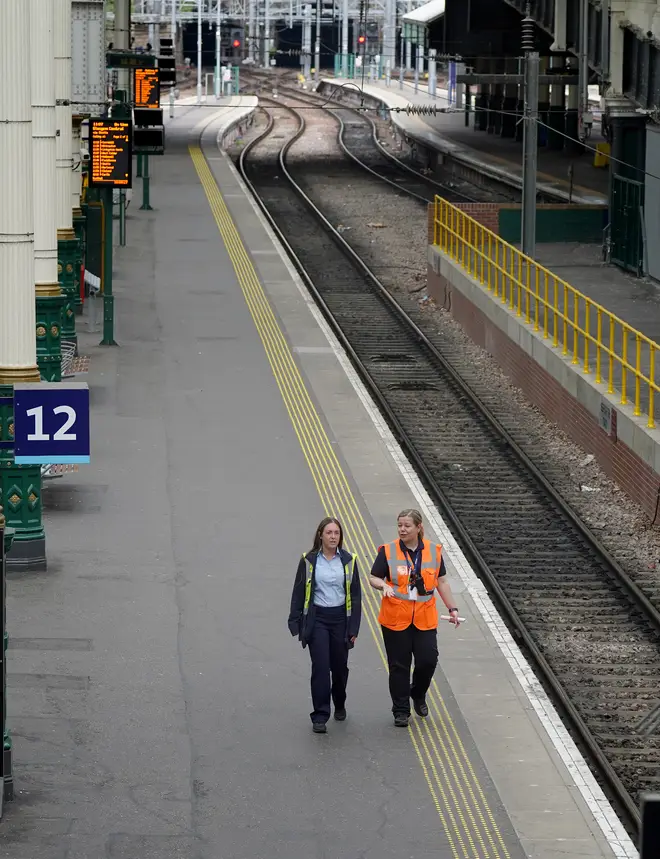
Passengers faced travel chaos again on Thursday because of an RMT strike
Rail strikes have caused disruption as unions and bosses clash over issues like pay, jobs and conditions.
The Government has urged the strikes to end while unions continue to push for guarantees for their members in a key industry which was among those severely affected by the pandemic.
– When are strikes being held and how many are left?
The second 24-hour strike was held on Thursday, with another walkout planned for Saturday.
– Who is striking?
Members of the Rail, Maritime and Transport union (RMT) on Network Rail and 13 train operators are involved in the dispute.
– What is the dispute about?
Pay, jobs and conditions.
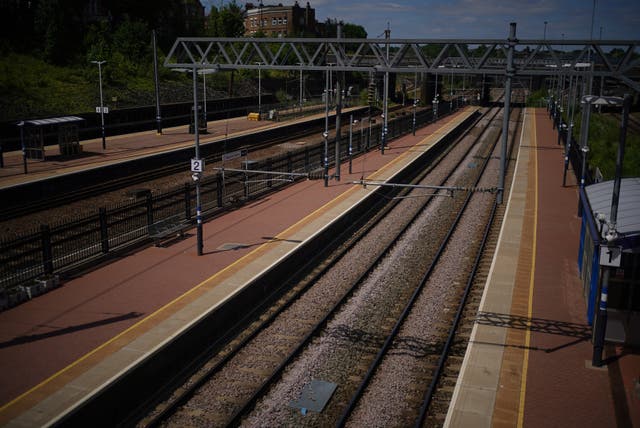
Jobs are going to be cut and working conditions changed under an efficiency drive, while unions are seeking a pay rise to reflect the cost-of-living crisis.
– What are the unions’ pay demands and how much have they been offered?
Network Rail has offered 3%, dependent on efficiencies, while a similar offer is believed to have been made by train operators involved in the row.
– Have any other rail companies made offers.
Yes. Merseyrail reached a deal with the TSSA on Wednesday for a 7.1% pay rise, ScotRail has offered 5%, while recent increases have included over 8% for London Underground under a long-term agreement.
– Have any more strikes been called?
No. The RMT executive will probably meet next week to decide its next move.
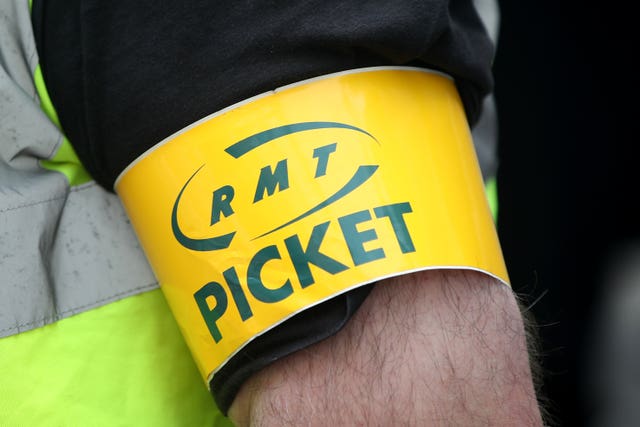
– Are any other unions involved in the dispute?
Yes. The TSSA is balloting hundreds of its members at Network Rail and several train companies for industrial action in the same dispute, while members of the drivers union Aslef at Greater Anglia went on strike on Thursday.
– Is there an economic argument that high pay rises fuels inflation?
The Government has warned against big pay rises, fearing it will have an impact on inflation and the economy, but unions disagree, arguing that company profits and executive pay should be tackled.
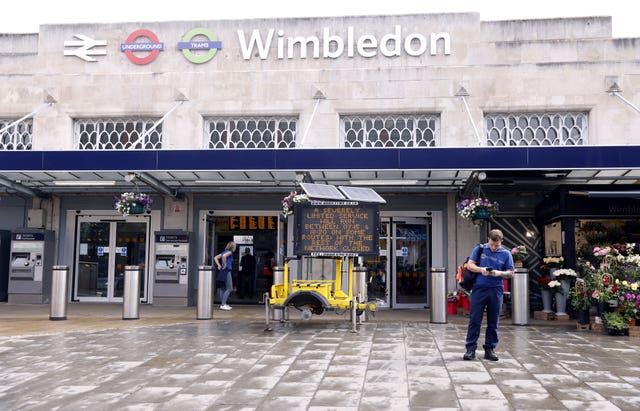
– How far apart are the unions and employers?
Pretty far apart, although Network Rail say they came close to a deal during recent talks.
– What efficiencies are the employers seeking?
Many revolve around changes in technology, such as using drones to check rail tracks rather than having workers walking along the line.
– Will ticket offices close?
It does appear that many ticket offices will close in the next 18 months, with staff switching to other roles.
– Should Transport Secretary Grant Shapps be personally involved in the talks?
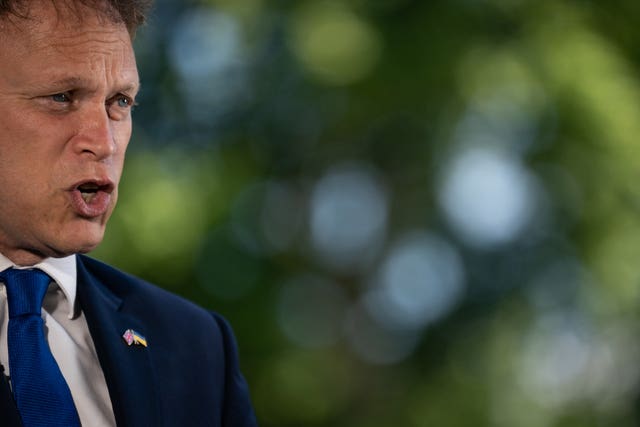
Unions and opposition parties say he should be at the talks, given the Government holds the purse strings of much of the railway, but he says it is a matter for the unions and employers to resolve.